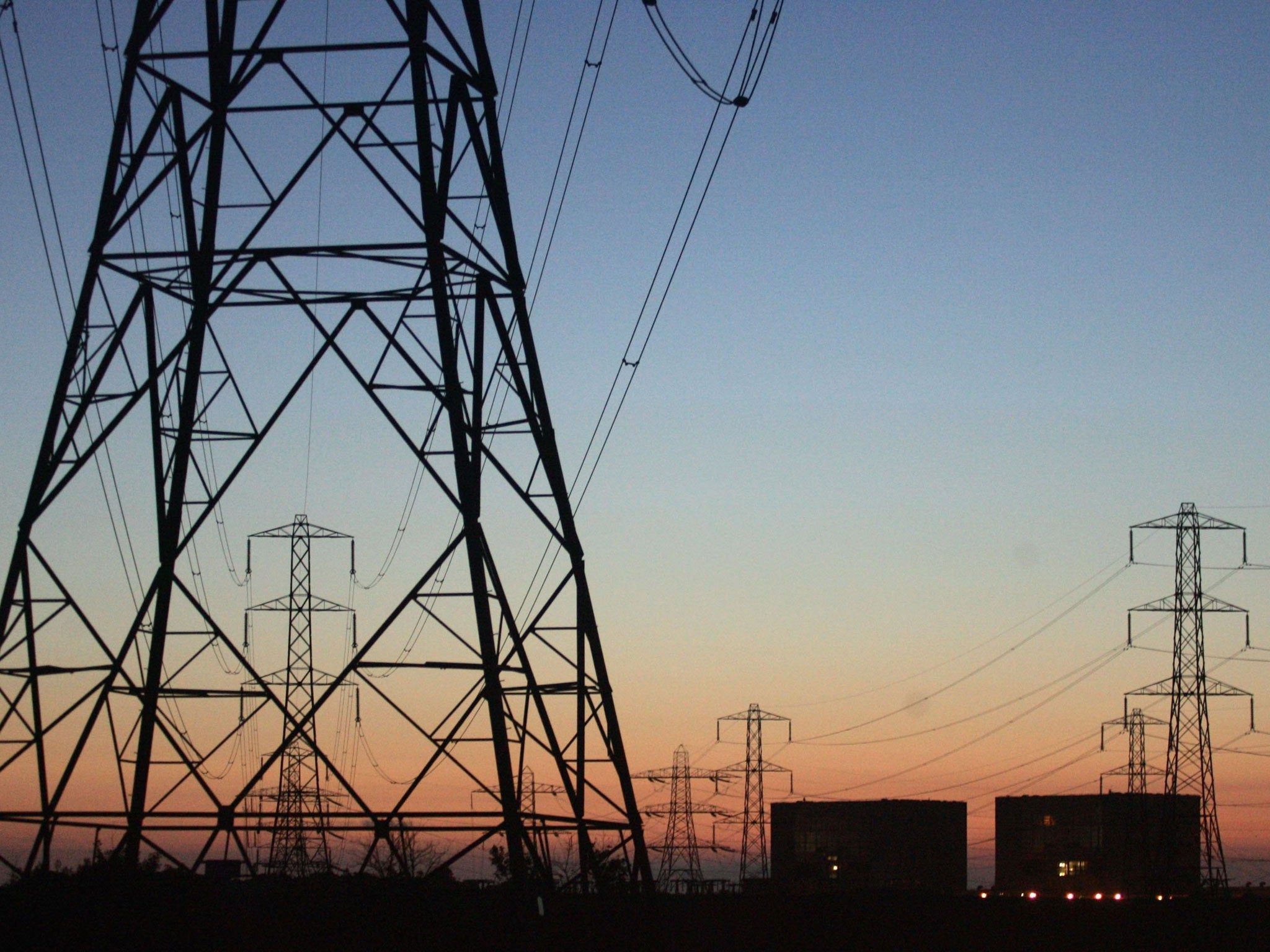EDF deal paves way for UK’s first new nuclear plant in 20 years at Hinkley Point
Reactors could be announced ‘within two weeks’, sources claim

Your support helps us to tell the story
From reproductive rights to climate change to Big Tech, The Independent is on the ground when the story is developing. Whether it's investigating the financials of Elon Musk's pro-Trump PAC or producing our latest documentary, 'The A Word', which shines a light on the American women fighting for reproductive rights, we know how important it is to parse out the facts from the messaging.
At such a critical moment in US history, we need reporters on the ground. Your donation allows us to keep sending journalists to speak to both sides of the story.
The Independent is trusted by Americans across the entire political spectrum. And unlike many other quality news outlets, we choose not to lock Americans out of our reporting and analysis with paywalls. We believe quality journalism should be available to everyone, paid for by those who can afford it.
Your support makes all the difference.A deal to build Britain’s first new nuclear power station in almost 20 years will be announced by ministers “within the next two weeks”, senior Government sources have told The Independent. Barring any hitches, ministers in the Department of Energy and Climate Change are expected to reveal details of the deal with EDF Energy to build a reactor at Hinkley Point in Somerset “imminently”.
Industry groups have been invited to a meeting at the Department of Energy next week, where they are expected to be briefed on details of the deal – which is likely to pave the way for further nuclear investment over the next two years.
The Energy minister, Michael Fallon, who left the Conservative Party conference early, said he was “working intensely” to conclude negotiations that have so far dragged on for a year. “We’re not quite there yet, but I hope we will be in the next few weeks,” he said.
The negotiations between EDF and the Government stalled earlier this year after hitting an impasse over the “strike price” – the guaranteed price at which EDF will be able to sell the electricity it generates at Hinkley Point. Talks have also been complicated by the need for EDF to get agreement from the French government to go ahead with the deal.
The French state has an 84 per cent stake in EDF and has been concerned that the £14bn investment could adversely affect the company should costs overrun.
But confidence in the coalition’s civil nuclear programme was underlined at the Tory conference on Monday when George Osborne spoke of his commitment to building new reactors. “Should we, the country that built the first civil nuclear power station, say: ‘We are never going to build any more – leave it to others’? Not on my watch,” he said.
The two reactors EDF is planning for Hinkley are key to the Coalition’s plans to shift the UK away from fossil fuels towards low-carbon power, particularly nuclear and offshore wind.
The transition is seen as crucial if Britain is to meet its binding targets for cutting carbon emissions while at the same time keeping the lights on.
Tory sources suggested that Ed Miliband’s announcement of a freeze on energy bills should Labour win the next election had “spooked” EDF, which has a large consumer arm in the UK. But industry sources denied it was a factor in the negotiations. The EDF deal would unlock Britain’s civil nuclear programme, paving the way for negotiations on the Horizon Hitachi sites in Anglesey and Oldbury. Mr Fallon has said that South Korean, Chinese and Japanese investors were also interested in investing in UK reactors.
“There’s intense interest there because people can see that finally we’re getting our civil nuclear programme moving again after the long dead Labour years,” he told the Financial Times.
Join our commenting forum
Join thought-provoking conversations, follow other Independent readers and see their replies
Comments